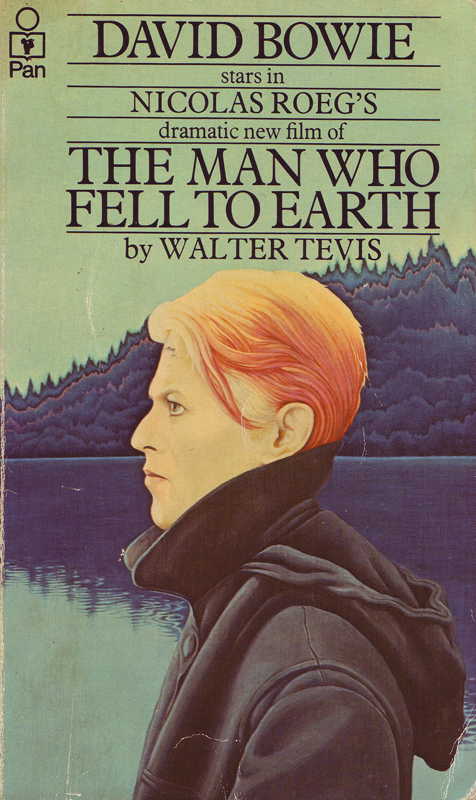 ‘While The Americans is not without its flaws, a reliance on high tech gadgets and large-scale violence to move the story are not among them. The show is about as anti-Bond in its depiction of espionage as it is possible to get. Although Philip and Elizabeth do kill people, the main tricks of their trade are manipulation, blackmail and a sharp eye for any human weakness, which they ruthlessly exploit. Global politics, the growing arms race, superpower proxy wars in Latin America and Afghanistan, are frequently referenced, but the impacts are explored through the lives of Philip and Elizabeth – particularly the growing pressure on them to get results.’
‘While The Americans is not without its flaws, a reliance on high tech gadgets and large-scale violence to move the story are not among them. The show is about as anti-Bond in its depiction of espionage as it is possible to get. Although Philip and Elizabeth do kill people, the main tricks of their trade are manipulation, blackmail and a sharp eye for any human weakness, which they ruthlessly exploit. Global politics, the growing arms race, superpower proxy wars in Latin America and Afghanistan, are frequently referenced, but the impacts are explored through the lives of Philip and Elizabeth – particularly the growing pressure on them to get results.’
My latest post on the Overland Magazine site is on the very underrated television show, The Americans. The anti-James Bond spy series that is also a very good text on 1980s politics, the Cold War and the decline of the traditional left in the United States.
You can read the article in full here.
… Read more






















